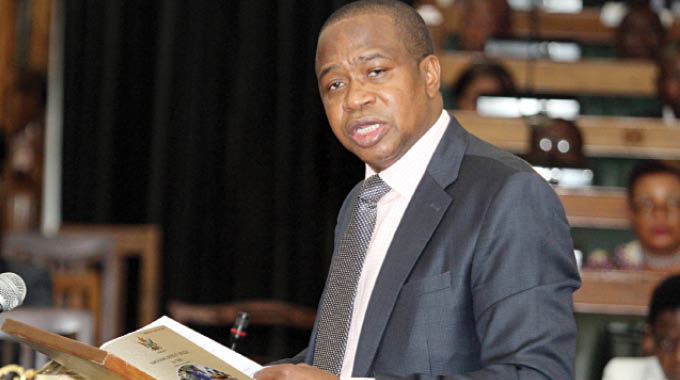EDITORIAL COMMENT: Civil servants must come up with realistic salary demands

Civil servants on Friday rejected a Government offer to increase their cost of living adjustment by 97 percent insisting that they want their salaries indexed to the interbank rate beginning from the time the rate between the local unit and the US$ was I:1.
The Apex Council president Mrs Cecilia Alexander said the Government offer did not address the concerns raised in the workers’ position paper. “Our position is that Government should apply interbank rates salaries basing on the October 2018 minimum salary of US$$425. We are not asking for a salary increase, but restoration of value,” she said.
Mrs Alexander said Government offered 97 percent on a sliding scale from 80 to 97 percent which the negotiating team rejected. The Apex Council, a representative body of civil servants, met on Tuesday and resolved to push Government to index their salaries to the interbank rate based on the October 2018 minimum salary of US$425.
Mrs Alexander said the Apex Council is meeting again today to chart the way forward following Friday’s deadlock. She said the offer by Government against what was happening in the market was not addressing the workers’ issues such as incapacitation.
She said most civil servants were incapacitated to report for work and the level of incapacitation had reached unprecedented levels. Mrs Alexander said everything in the market is being indexed in US dollars but workers’ salaries had remained stagnant.
There is no dispute that there is an urgent need to review civil servants’ salaries upwards as the salaries have been eroded by inflation. Most civil servants’ salaries are below the tax bracket, a confirmation that the salaries are too low.
The solution, however, is not paying salaries based on the interbank rate as what the civil servants are demanding because it is not sustainable. For example the Ministry of Health and Child Care salary bill is about $430 million per month and at the minimum interbank rate of US$1:$10 this would translate to a salary bill of $4 billion per month.
Government does not have this kind of money and it will be reckless on its part to agree to pay what it cannot afford. It is the civil servants who have information on Government’s revenue inflows and should use this information to come up with realistic salaries that take into account the many competing national demands.
We appreciate the need for Government and the rest of employers to pay a living wage but the issue of affordability cannot be ignored. We want at this juncture to appeal to civil servants to be guided by the performance of the economy when negotiating for better salaries. Government on its part should ensure all civil servants benefit from non-monetary incentives such as housing stands.











Comments